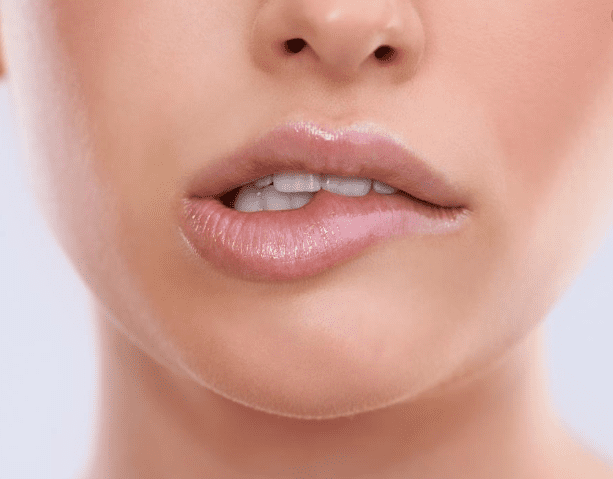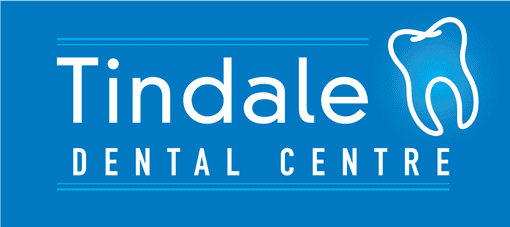
‘Ouch! I just bit the inside of my cheek!’ Put your hand up if you can relate to this! Accidentally biting the inside of your cheeks, lips or tongue, or biting into something crunchy and sharp only to have it poke into your gums, are common and very annoying experiences that can cause trauma to the tissues inside your mouth. Asides from being painful at the time, and making you feel kind of silly (‘I have been eating for 34 years and somehow I just bit my tongue!’), this trauma can also lead to mouth ulcers. Ulcers are small, round or oval shaped sores that can be a downright pain in the neck (or mouth!). But ulcers aren’t the only type of sore spot people get around their mouths, cold sores also pop up for some people and can cause pain and irritation. So, what’s the difference, what causes them and what can you do about it?
Ulcers
Ulcers are small crater like lesions that form when damage occurs to the soft tissues inside your mouth. This damage can be from biting yourself, having dentures that aren’t correctly fitted or braces with sharp metal ends poking out, or eating sharp food like corn chips (that somehow always manage to poke the roof of your mouth at least once per packet). Once this happens and the area is exposed to the bacteria inside your mouth (from food and drinks, and also the resident bacteria that lives there normally), the body mounts its defences and creates an inflammatory response. This is why the area where you hurt yourself begins to appear yellowish in the middle and bright red around the edges. Ulcers are common and usually don’t cause any serious issues. They can be quite painful, making eating somewhat difficult, and if they are big enough they can get in the way of normal chewing and end up being bitten a second time. Ouch! They are not contagious and even though they are annoying they are not generally a cause for concern. If you can stop prodding it with your tongue and it isn’t unusually large or excessively painful it will most likely clear itself up on its own in around a week or two.
Cold Sores
A cold sore on the other hand is contagious and is not caused by eating corn chips. Cold sores are caused by infection with the herpes simplex virus (HSV) and it is estimated that 90% of adults have been infected at some point in their lives. HSV is very common! Infection usually occurs in childhood or young adulthood and lasts for life, however not all people that have had exposure to this infection develop cold sores. Cold sores occur in about one third of the 90% of people who have been infected, so around 30% of the total adult population. Cold sores typically form on the outside of the mouth around the lips, nose and chin. They often tingle or itch prior to becoming visible, then become a fluid filled cluster of blisters that can be painful and cause a burning sensation, and eventually form a dry crust that falls off after around 10 days. Cold sores are not usually dangerous, however great care should be taken to avoid kissing or touching newborn babies or people with a suppressed immune system if you have a cold sore, as HSV can have serious health complications for these people.
Treatment
So, is there any treatment for ulcers and cold sores? Generally speaking, both will heal up on their own without too much need for interference. Some over the counter pain medications may be helpful to reduce discomfort and some antiviral creams are available which may help reduce the duration of a cold sore. Ulcers may be bathed in salt water to help minimise the risk of infection. For large or excessively painful ulcers or cold sores, or if you have any concerns it is best to consult with your doctor or dentist for an opinion.
Here at Tindale Dental Centre in Penrith our experienced team are available to discuss any concerns you may have, why not consider booking an appointment today! Call us on (02) 4726 5400
